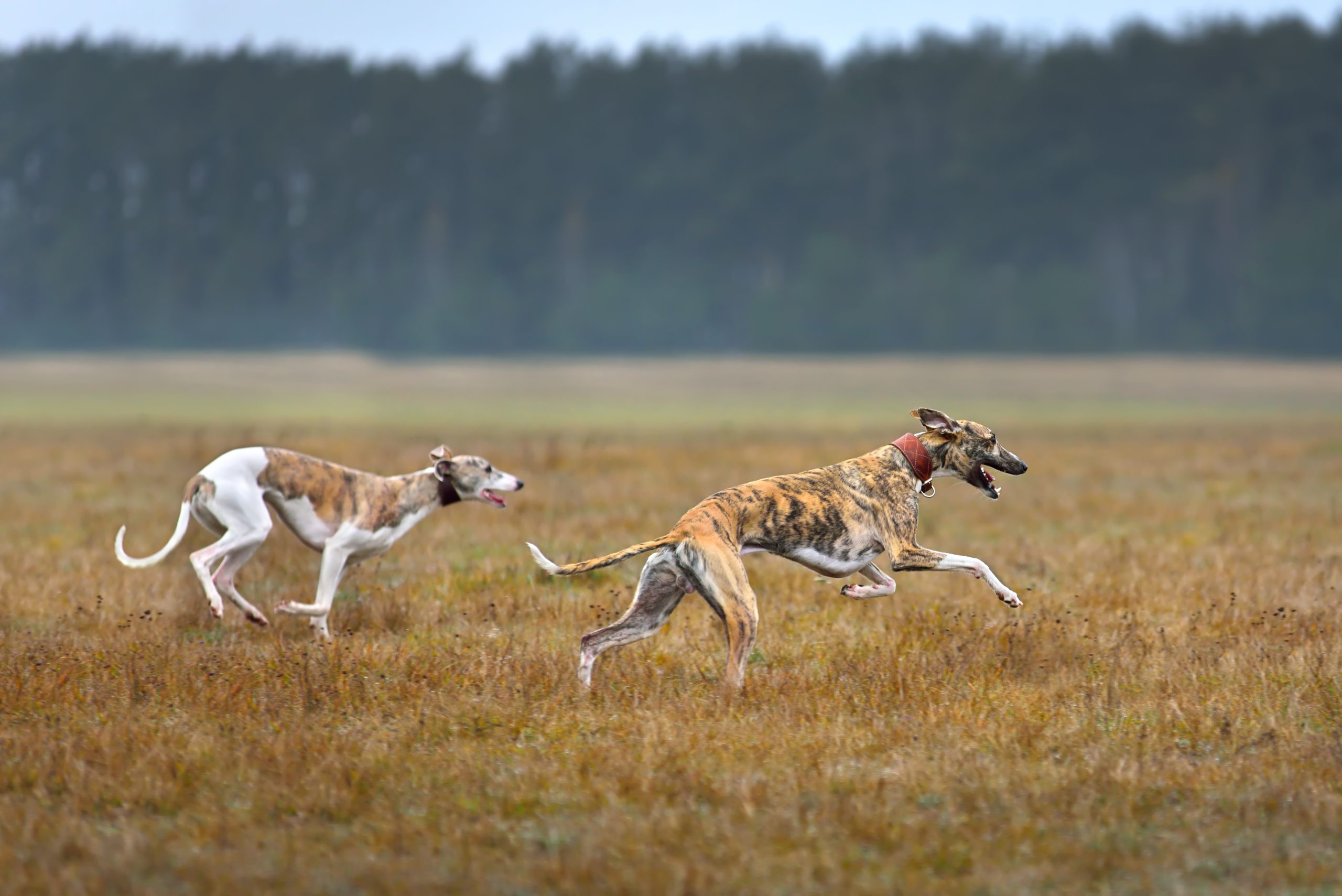Welcoming a Pomeranian puppy into your home is an exciting and rewarding experience. As a responsible pet owner, ensuring your furry friend receives the right nutrition is crucial for their healthy growth and development. Choosing the best food for your Pomeranian puppy can be a daunting task with so many options available. In this article, we will explore the key nutritional requirements for Pomeranian puppies and provide valuable insights to help you select the optimal diet for your little companion.
Understanding Pomeranian Puppy Nutrition
Pomeranian puppies have unique dietary needs during their formative months. Proper nutrition is vital for their bone development, muscle growth, and overall well-being. Here are the essential nutrients that should be included in a Pomeranian puppy’s diet:
Protein: High-quality protein is the foundation of a puppy’s diet as it supports muscle development and tissue repair.
Fats: Healthy fats provide a concentrated source of energy and are crucial for the development of a Pomeranian puppy’s brain and nervous system.
Carbohydrates: Complex carbohydrates supply sustained energy for your puppy’s active lifestyle.
Vitamins and Minerals: Essential vitamins and minerals support various bodily functions and ensure your puppy’s immune system stays strong.
Calcium and Phosphorus: These minerals are essential for proper bone development in growing Pomeranian puppies.
Selecting the Right Puppy Food
When choosing the best food for your Pomeranian puppy, consider the following factors:
Age-Appropriate Formulas: Opt for commercial puppy food specifically formulated to meet the nutritional needs of small breed puppies. These formulas typically contain the right balance of nutrients to support healthy growth.
High-Quality Ingredients: Look for puppy foods made with real meat as the primary ingredient. Avoid those with excessive fillers, artificial preservatives, or by-products.
Small Kibble Size: Pomeranian puppies have small mouths, so selecting food with appropriately sized kibble makes it easier for them to eat and digest.
AAFCO Approval: Ensure the puppy food is labeled with the “complete and balanced” statement, meeting the Association of American Feed Control Officials (AAFCO) guidelines for puppy nutrition.
Breed-Specific Formulas: Some pet food brands offer breed-specific formulas tailored to the nutritional needs of Pomeranians or small breeds.
Feeding Schedule and Portion Control
Establishing a consistent feeding schedule is essential for your Pomeranian puppy’s digestive health. Puppies thrive on routine, so feed them at the same times each day. A typical feeding schedule for a Pomeranian puppy includes three to four meals per day until they are around six months old. After six months, you can gradually transition to two meals per day.
When determining portion sizes, consider your puppy’s age, weight, activity level, and the specific food’s feeding guidelines. Pomeranian puppies can vary greatly in size, so it’s essential to monitor their weight and adjust portion sizes accordingly to avoid overfeeding or underfeeding.
Potential Food Allergies and Sensitivities
Some Pomeranian puppies may develop food allergies or sensitivities. If you notice signs such as itching, skin rashes, vomiting, or diarrhea after feeding, consult your veterinarian. They may recommend an elimination diet to identify and avoid specific allergens.
Homemade vs. Commercial Puppy Food
While some pet owners prefer homemade diets, providing a balanced and complete homemade diet for a Pomeranian puppy can be challenging. Commercial puppy food, formulated by experts to meet the specific nutritional needs of growing puppies, is a safer option. However, if you decide to prepare homemade meals, consult a veterinary nutritionist to ensure your puppy receives all necessary nutrients.
Transitioning Between Foods
When introducing a new puppy food, do so gradually over the course of 7-10 days. Mix the new food with the old one in increasing proportions until your Pomeranian puppy is eating the new food exclusively. This gradual transition helps prevent digestive upset.
Water and Hydration
Always provide access to fresh and clean water for your Pomeranian puppy. Puppies can become dehydrated quickly, so monitor their water intake, especially during warm weather or periods of increased physical activity.
Conclusion
Selecting the best food for your Pomeranian puppy is essential to support their growth, energy levels, and overall health. Opt for age-appropriate, high-quality puppy food, and consider factors such as kibble size, nutrient content, and AAFCO approval. Establish a consistent feeding schedule and monitor portion sizes to prevent overfeeding. Always be attentive to your puppy’s individual needs and consult your veterinarian if you have any concerns about their diet or health. With proper nutrition and love, your Pomeranian puppy will grow into a happy and healthy companion for years to come.
Related Topics:
How to stop french bulldog from shedding?


























